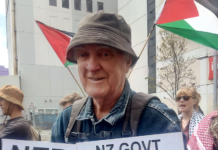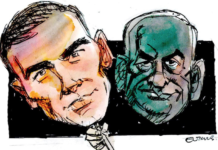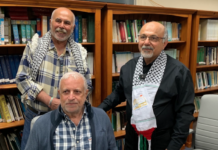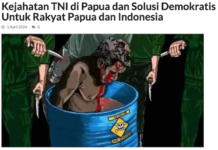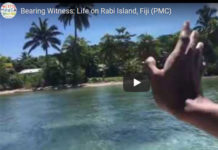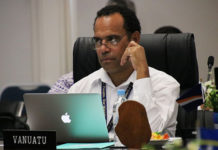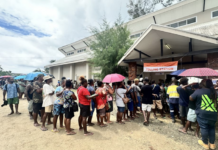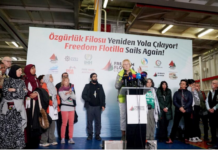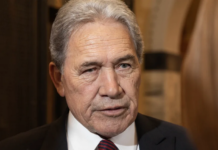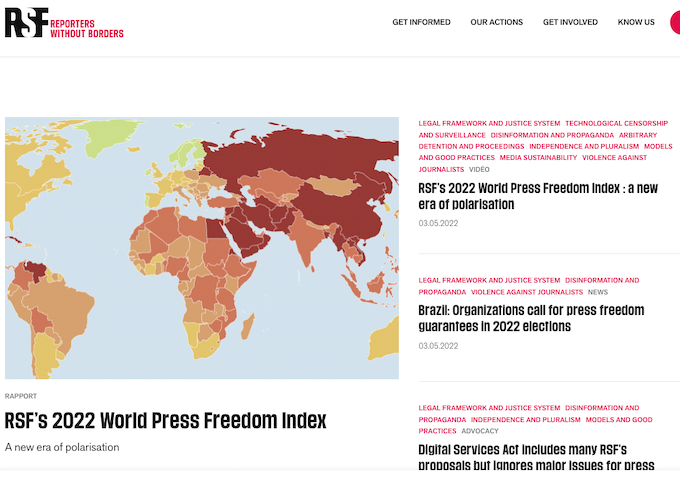
By Vijay Narayan and Naveel Krishant in Suva
The Fijian Media Association says the Reporters Without Borders (RSF) 2020 World Press Freedom Index report is another clear reminder to the government to review and remove sections in the Media Industry Development Authority Act that impose harsh penalties.
In a statement, the FMA said these penalties included for content that was deemed against the public interest or order, was against national interest, or created communal discord, or even if the media did not include a byline for articles exceeding 50 words.
The association also asked who defined what was against the public interest or what was against the national interest. While the Fijian media had been doing their best to be “bold and free” and abiding by their Code of Ethics, these laws were making many media organisations and editors “hesitate about publishing or broadcasting certain views that may go against the government based on how they may interpret that legislation and come after a media organisation”.
The FMA added it do not endorse any report it had not participated in, but agreed with certain statements by the RSF report, particularly on the threat of legislation such as the MIDA Act to “criminalise and impose heavy fines on media organisations or editors”.
It stated that intimidation did occur from various sides of the political divide — both government and opposition and the report was not correct about journalists being imprisoned.
The FMA also said no imprisonment of journalists had happened in the last decade although there had been instances of journalists being questioned over their reports, and cases of media organisations and editors being taken to court.
It also said the fines were too excessive and designed to be “vindictive and punish the media rather that encourage better reporting standards and be corrective”, adding that media organisations in Fiji were almost unanimous in seeking the removal of the harsh fines and penalties and a review of the act.
‘Dangerous for media freedom’
The FMA added it the law was “dangerous for media freedom” now and also in the future.
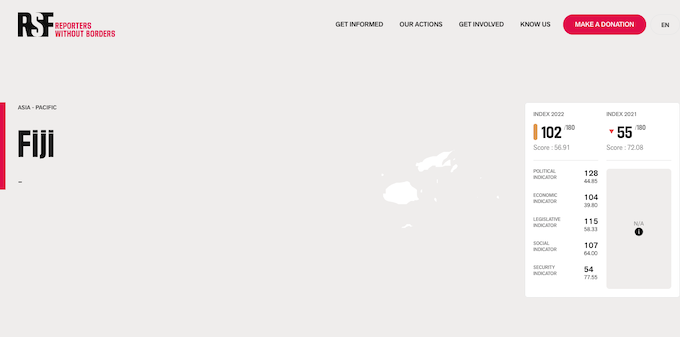
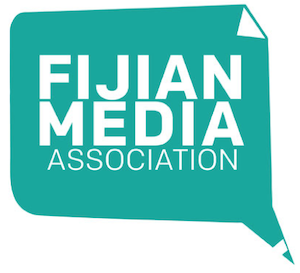
The association also highlighted that the MIDA Act had been ineffective and done “little to nothing to raise media standards”.
While the media in Fiji had been doing its work in informing the public and holding government accountable, the “massive fines hanging over their heads” was not conducive to a free media environment, said the FMA statement.
Meanwhile, Radio NZ reported that Fiji had been ranked as the worst place in the Pacific region for journalists in the World Press Freedom Index.
In the Index released last week, Fiji was placed 102nd out of 180 countries — receiving an overall score of 56.91 out of 100.
The country slipped by 47 places compared to its 2021 rankings when it was placed 55th out of 180 nations.
The media watchdog said journalists critical of the government were regularly intimidated.
Other countries from the region included Aotearoa New Zealand, which was ranked 11th, Australia (39th), Samoa (45th), Tonga (49th) and Papua New Guinea (62nd).
RSF said Aotearoa New Zealand, which received an overall score of 83.54, was a “regional model” for press freedom “by having developed safeguards against political and economic influences” for journalists to conduct their work.
Vijay Narayan and Naveel Krishant are Fijivillage journalists.


